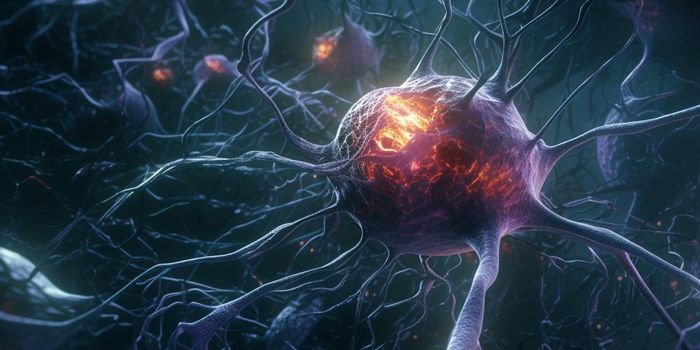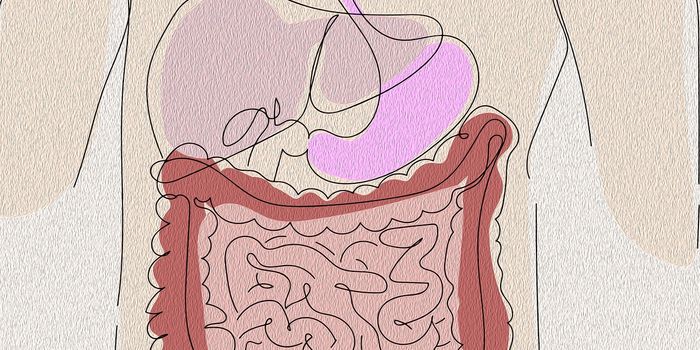Malaria Drug Successfully Shrank Aggressive Brain Tumor
Off-label use of an antimalarial drug saved the life of a 26-year-old patient dying of treatment-resistant brain cancer.

"It was a high-risk, aggressive glioblastoma and by the time we started this work, she had already tried everything. For that population, survival rates are dismal,” said Jean Mulcahy-Levy, an oncologist at the Children's Hospital Colorado, and the study’s first author.
Lisa’s doctors initially treated her tumor with Vemurafenib, an inhibitor of BRAF – a gene that promotes cancer growth. However, as expected, the aggressive tumor developed new mutations to subvert the effects of the drug. Consequently, Lisa’s tumor started to grow and threaten her life once again.
At the time that the drugs stopped working, Lisa’s doctors estimated that she had about 12 months left. “We took all our cousins up to Alaska for a final trip kind of thing. Then they came up with this new combination including chloroquine,” said Greg Rosendahl, Lisa’s father.
Chloroquine is a well-known drug used to prevent and treat malaria. However, Lisa’s physicians realized that a mechanism of this drug could also prove effective against her glioblastoma.
The connection rested upon a specific mutation of the cancer, known as BRAFV600E. This made the cancer inextricably reliant on autophagy for survival. Autophagy is the process whereby the cell breaks down its own components to recycle or to conserve energy. In cancer’s case, autophagy allows it to escape the effects of chemotherapy that would otherwise destroy it. Fortunately, chloroquine works to block this process. In combination with chemotherapy, chloroquine makes the tumor vulnerable to destruction.
Indeed, the off-label combination therapy with chloroquine brought Lisa back from the brink of lost hope. “Miraculously, she had a response to this combination. Four weeks later, she could stand and had improved use of her arms, legs and hands," said Mulcahy-Levy.
As Lisa’s tumor shrank progressively, her quality of life improved dramatically. She’s more mobile now in her new wheelchair, spends more time at the mall, and can enjoy a life unconfined by a looming death status. "She wants to get out and do more. She continues to have what she feels is a good quality of life," Mulcahy-Levy said.
Lisa is not the only patient to have benefited from the antimalarial. "We have treated three patients with the combination and all three have had a clinical benefit. It's really exciting -- sometimes you don't see that kind of response with an experimental treatment. In addition to Lisa, another patient was on the combination two-and-a-half years. She's in college, excelling, and growing into a wonderful young adult, which wouldn't have happened if we hadn't put her on this combination," Mulcahy-Levy reports.
Additional sources: University of Colorado Anschutz Medical Campus








